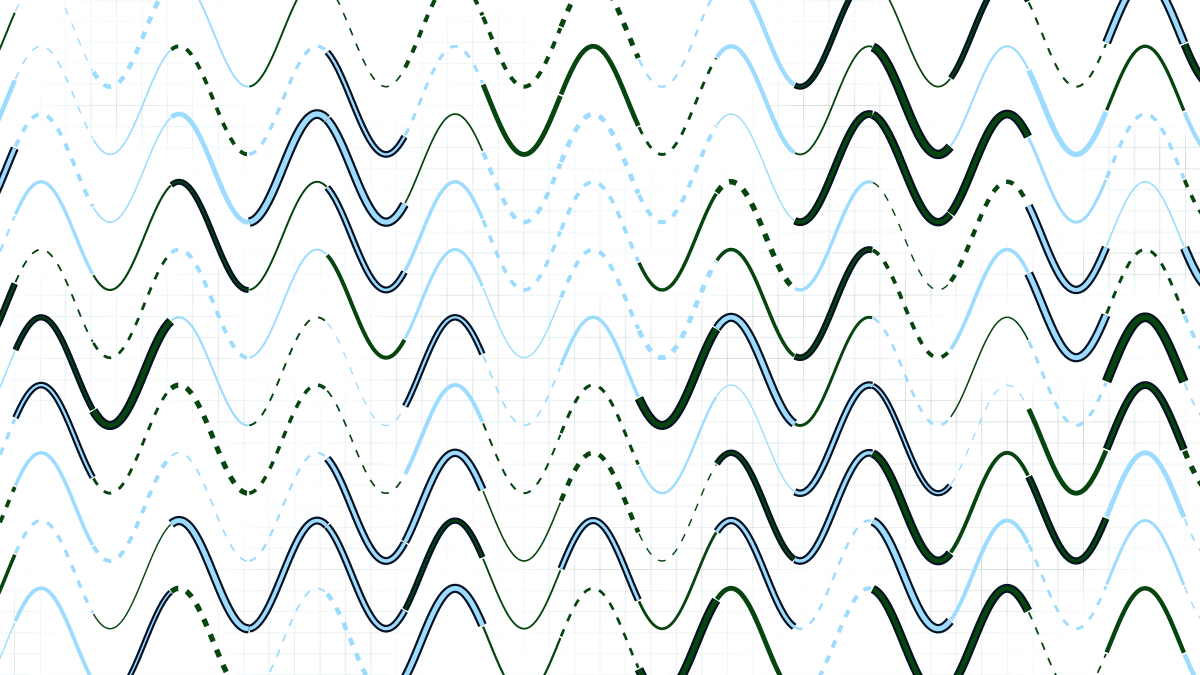Community Currencies

TL;DR:
Community Currencies are alternative currencies designed to serve the needs and values of a specific community. They can be issued to recognize local labor, facilitate trade when national currencies are scarce, or encode trust in shared social contracts.
Types of community currencies include:
- Mutual credit systems (credit = debt = trust)
- Token-based local money (e.g. Sarafu in Kenya)
- Timebanks (1 hour of work = 1 credit)
- Reputation-backed scrips or vouchers
In a Web3 context, Community Currencies can be implemented as:
- ERC-20 or ERC-1155 tokens
- Smart contract credit systems
- Reputation-linked issuance mechanisms
They are often non-speculative, non-transferable across systems, and intentionally designed to circulate locally, supporting regenerative value flows over extractive accumulation.
Community Currencies are especially powerful in:
- Economically marginalized regions
- Bioregional or mutual aid networks
- Onchain-local hybrid coordination systems
Best For
- Local trade and peer-to-peer exchange
- Financial inclusion in underbanked or informal economies
- Recognition of informal, care, or cultural labor
- Strengthening economic resilience and solidarity
Good At
- Enabling trust-based exchange without fiat dependence
- Embedding values into monetary design
- Creating liquidity in cash-scarce environments
- Building circular, regenerative economies
Dependencies / Requirements
- A shared social contract or trusted community
- Token issuance logic (credit limit, decay, mint/burn, etc.)
- Governance around who receives or accepts currency
- Optional: tech layer (wallet, ledger, contracts, mobile app)
Not Good At
- Global exchange or high-liquidity scenarios
- Interoperability with speculative token markets
- Contexts without strong social cohesion or accountability
- Projects needing rapid capital accumulation
Who Should Use It?
- Local cooperatives, mutual aid networks, and solidarity economies
- Public goods builders designing non-extractive finance systems
- Protocols or DAOs testing bioregional or value-aligned tokenization
- Regenerative communities seeking autonomous economic sovereignty
Example Use Cases
- Sarafu Network: community currencies in Kenya enabling trade after natural disasters
- A bioregional DAO issues a local token redeemable for workshops, food, and services
- A mutual aid group builds a mutual credit system that circulates among members for care labor and community work